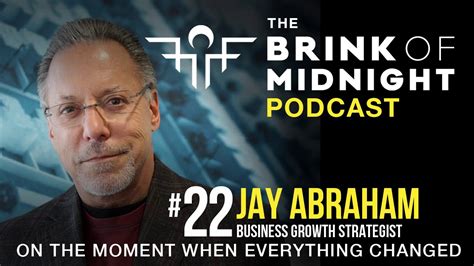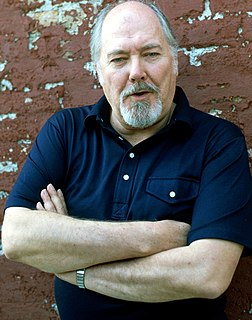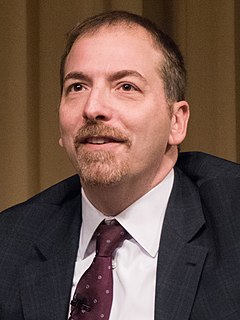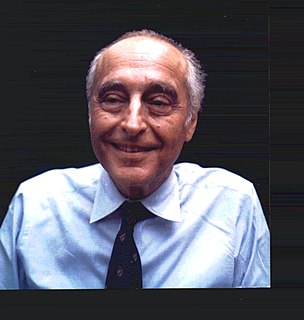A Quote by Charles Lamb
Related Quotes
Popular music of the last 50 years has failed to keep in step with advances in musical theater, namely Stephen Sondheim. But the two have grown apart so that popular music is based more than ever on a rhythmic grid that is irrelevant in musical theater. In popular music, words matter less and less. Especially now that it's so international, the fewer words the better. While theater music becomes more and more confined to a few blocks in midtown.
Make your copy straightforward to read, understand and use. Use easy words; those that are used for everyday speech. Use phrases that are not too imprecise and very understandable. Do not be too stuffy; remove pompous words and substitute them with plain words. Minimize complicated gimmicks and constructions. If you can't give the data directly and briefly, you must consider writing the copy again.
If something comes along that you don't like, there are a few sort of four-letter words that you can use to push it out of the sphere of discussion. If you were in a bar downtown, they might have different words, but if you're an educated person what you use are complicated words like "conspiracy theory" or "Marxist." It's a way of pushing unpleasant questions off the agenda so that we can continue in our own happy ideology.




































